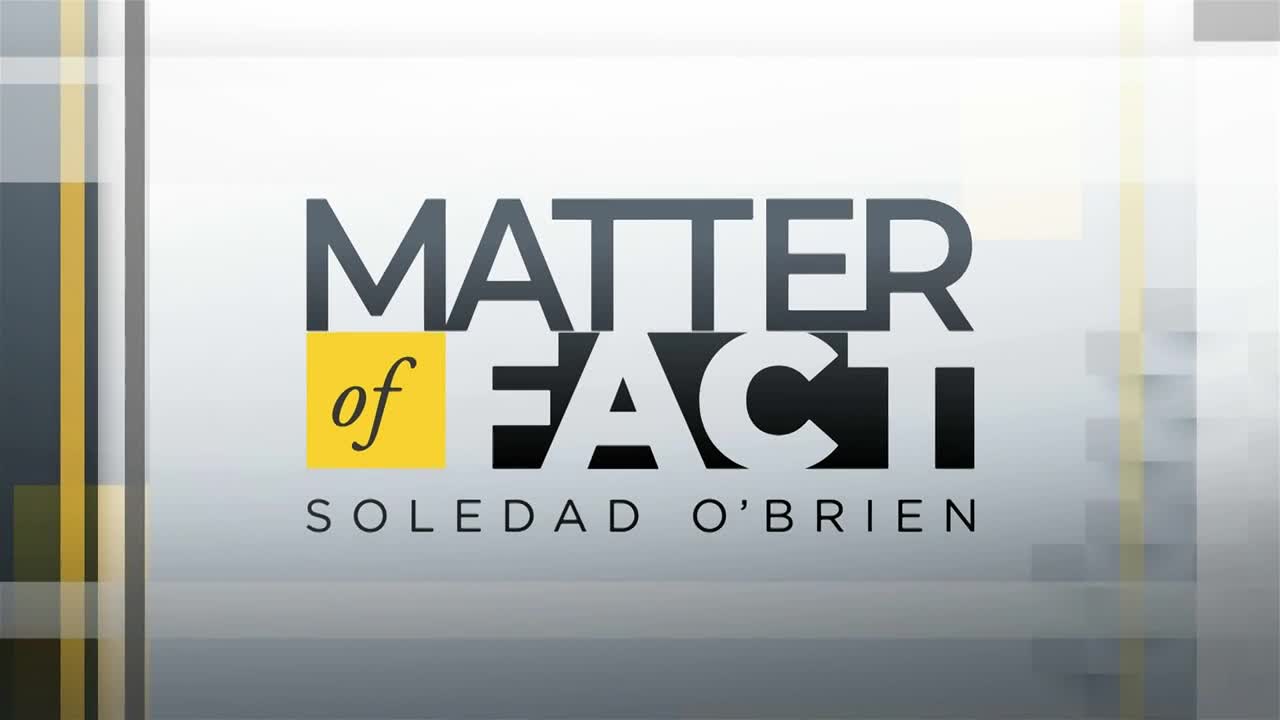
This week on Matter of Fact, Soledad O’Brien speaks with Jaime Harrison, the Democratic challenger to Sen. Lindsey Graham’s (R-SC) senate seat. Plus, we return to West Louisville, Kentucky to see the role public schools play in revitalizing a community. And, how does bias create stereotypes? Soledad speaks with Stanford University professor Jennifer Eberhardt about how bias impacts every part of our lives.
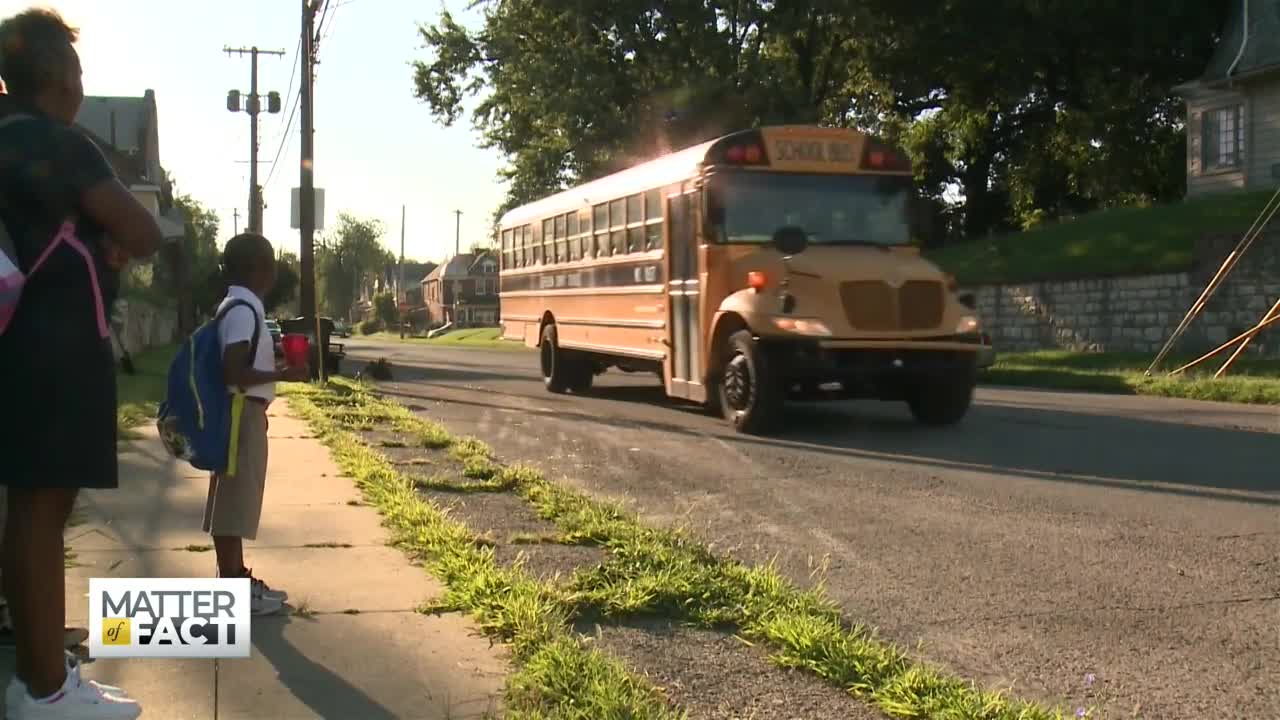
A neighborhood in West Louisville, Kentucky is implementing one of the nation’s most ambitious urban redevelopment plans. While the price tag comes out to nearly $1 billion, it’s not the cost that makes it ambitious; it’s the goal. Officials are working to build up the neighborhood without pushing out the people who have always lived there. In this latest installment of “Russell Rising,” we look at the role of public schools in revitalizing a community.

Every journalist faces the same challenge. How do we bring our backgrounds and perspectives to the stories we tell while also remaining fair in our coverage of the events? As part of our Listening Tour, we look at bias in the media. To discuss, Soledad O’Brien speaks with three prominent journalists: Maria Hinajosa, anchor and executive producer of Latino USA; Luis Rios, director of photography for the San Antonio Express News; and Matter of Fact Special Contributor Joie Chen.
See more from our Listening Tour.
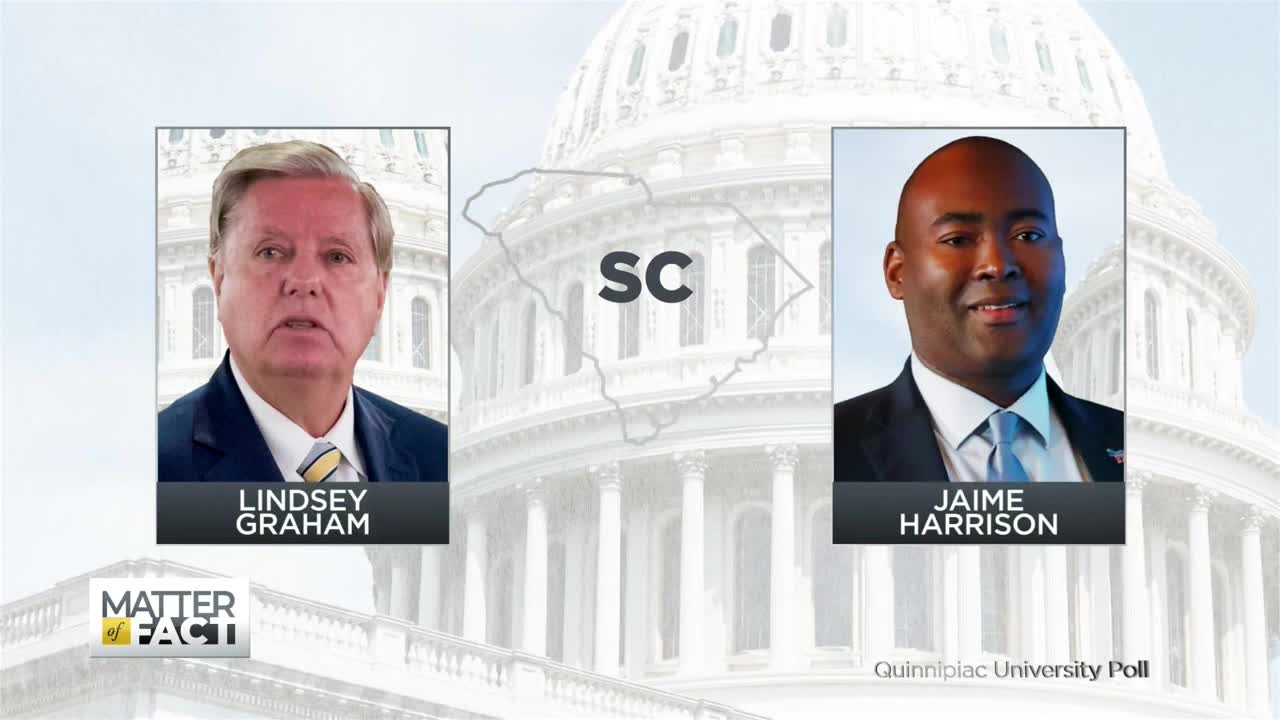
In November, South Carolina voters will not only vote for the nation’s next leader, but also for their senator. Sen. Lindsey Graham (R) has been in office since 2003. Now, polls show he’s virtually deadlocked with Democratic challenger Jaime Harrison with a little more than two weeks before election day. Soledad O’Brien spoke with Harrison about his hopes to represent a deep red state in the U.S. Senate.

This week, Matter of Fact with Soledad O’Brien takes you to the center of the country’s first confrontation with COVID-19. We reveal some of the first moments leaders in Seattle, Washington began grappling with a new and deadly coronavirus, never before seen in the United States. In our documentary-style episode, we will introduce you to a family struggling on the streets during the pandemic; a daughter fighting to get care for her father while he is quarantined inside a nursing home; and local caregivers working to protect the most vulnerable in the community.
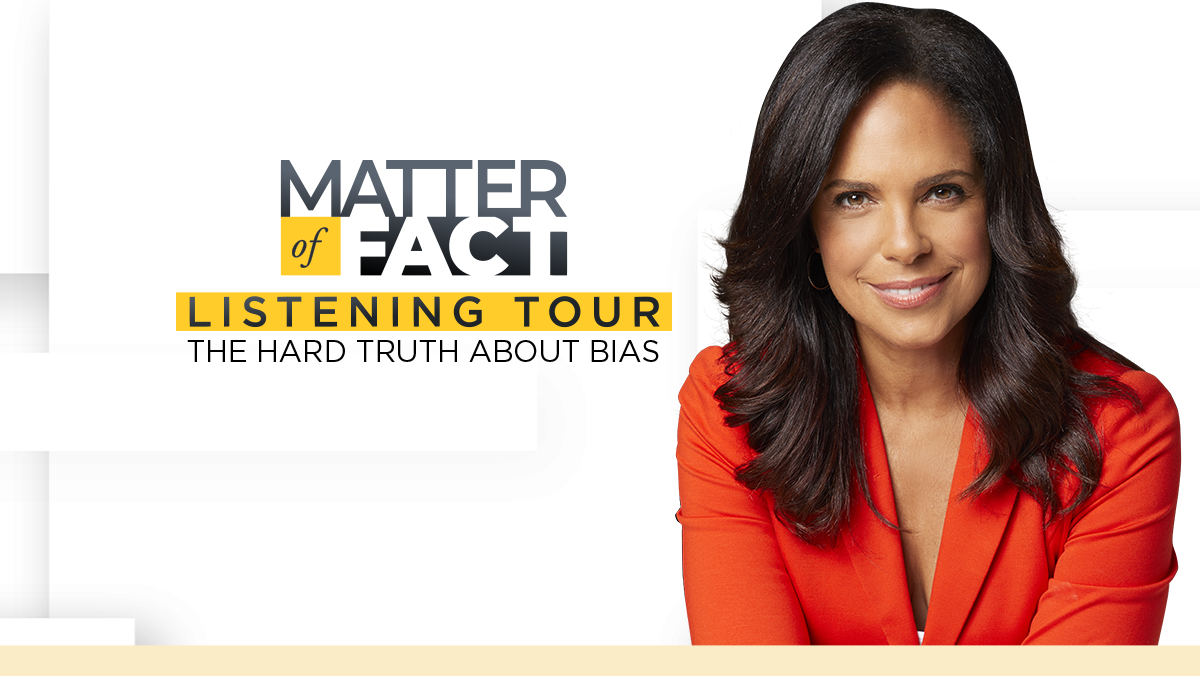
*Closed captioning available in Spanish – Select it in the video player*
The Matter of Fact Listening Tour hosted by Soledad O’Brien centers on the urgent conversation about race, equality and justice.
“The Hard Truth About Bias” features conversations about the relationship of race and privilege; racial stress; the impact of bias in the images and language in our daily news and information; and the creation of stereotypes and how they influence the way we think. A special segment will revisit the landmark 1968 Esquire interview with legendary novelist, playwright, essayist, poet and activist James Baldwin. In addition, the presentation will include a segment bringing together individuals involved in recent public confrontations that have gone viral.
Guests to appear include (in alphabetical order):
Mahzarin Banaji,D. Professor of Psychology, Harvard University
Genesis Be, musical artist and activist
Brenda White Bull, great, great granddaughter of Lakota leader Sitting Bull
Joie Chen, Matter of Factjournalist
Trae Crowder, writer and comedian
Robin DiAngelo,D., Affiliate Associate Professor of Education, University of Washington
Jennifer Eberhardt,D., Professor of Psychology, Stanford University
Alicia Garza, Black Lives Matter co-founder
Eddie Glaude, D., Chair of the Center for African American Studies, Princeton University
Jemele Hill, VICE journalist
Wes Lowery, CBS News journalist
Alfred Martin, D., Assistant Professor of Media Studies, The University of Iowa
Mia Mask,D., Professor of Film, Vassar College
Wes Moore, CEO, the Robin Hood Foundation
Rashawn Ray, D., Professor of Sociology, University of Maryland
John Ridley, Oscar-winning screenwriter
Michael Sebastian, Esquire editor-in-chief
Etan Thomas, ESPN Radio host and former NBA player
“The Hard Truth About Bias” is the first installment of the Listening Tour, with a series of quarterly virtual forums to be presented in 2021.
The ongoing series will advance meaningful conversations about race and social justice, explore approaches and ideas for creating greater opportunities for people of color, and address systems and practices that limit racial equity. The series features authors, researchers, activists, artists, and business leaders, bringing original and substantive insights to this critical national dialogue.
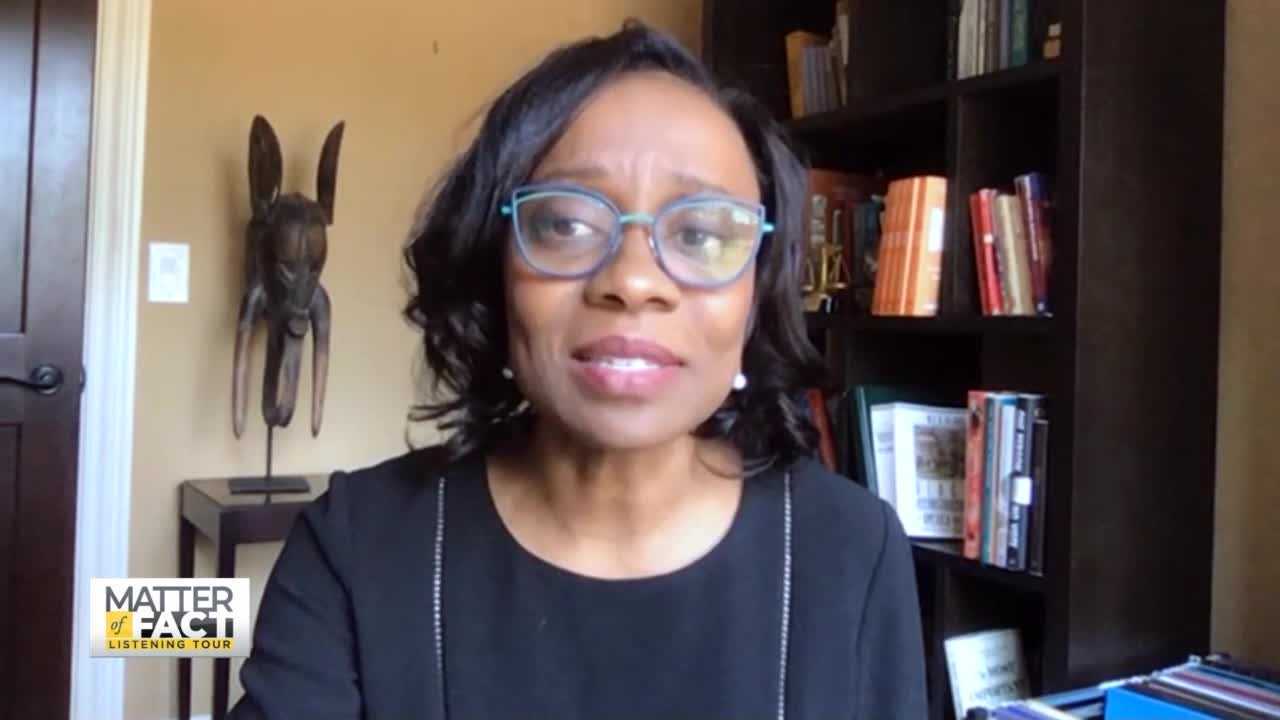
This segment is from The Matter of Fact Listening Tour hosted by Soledad O’Brien.
“The Hard Truth About Bias” features conversations about the relationship of race and privilege; racial stress; the impact of bias in the images and language in our daily news and information; and the creation of stereotypes and how they influence the way we think.
Guests in this segment:
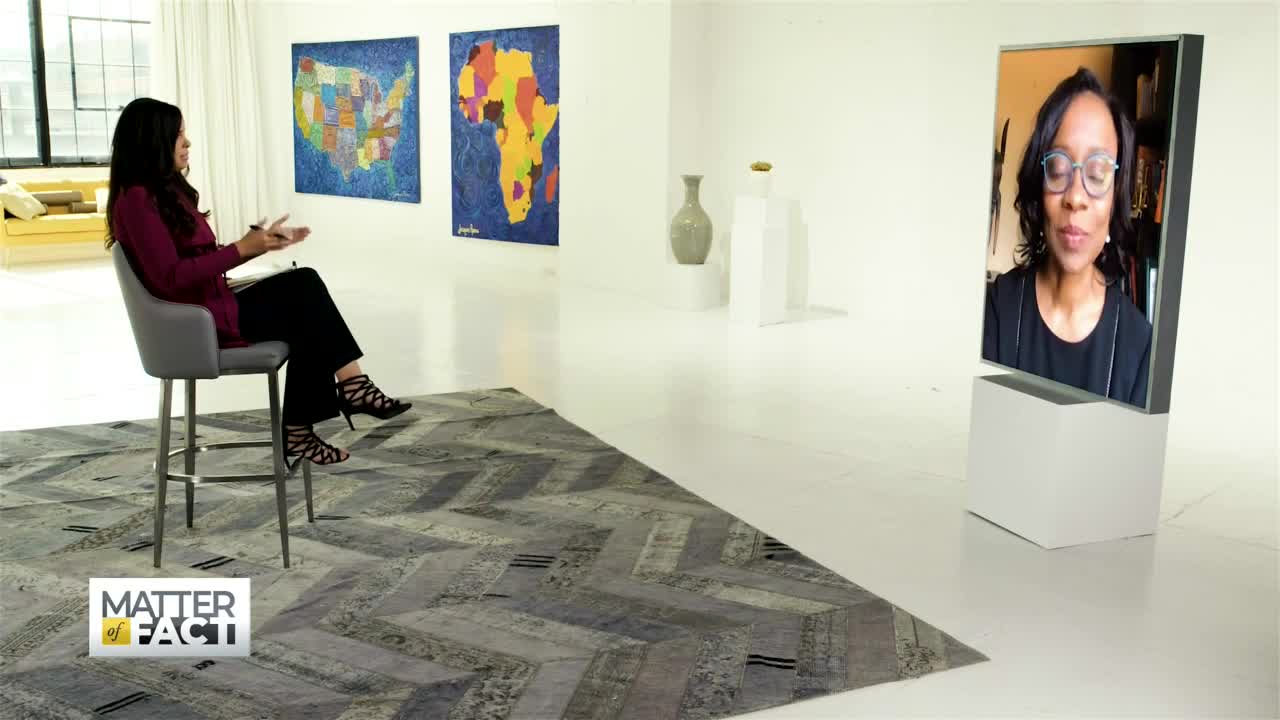
Conscious and unconscious bias is wired directly into our brains. That affects our relationships, our decision making and impacts every part of our personal and professional lives. Stanford University professor Jennifer Eberhardt is the author of “Biased: Uncovering the Hidden Prejudice That Shapes What We See, Think and Do.” Soledad O’Brien has a conversation with her to understand how we form these biases and how they create stereotypes.
To learn more about bias and its impact, watch our recent special, “The Hard Truth About Bias.”
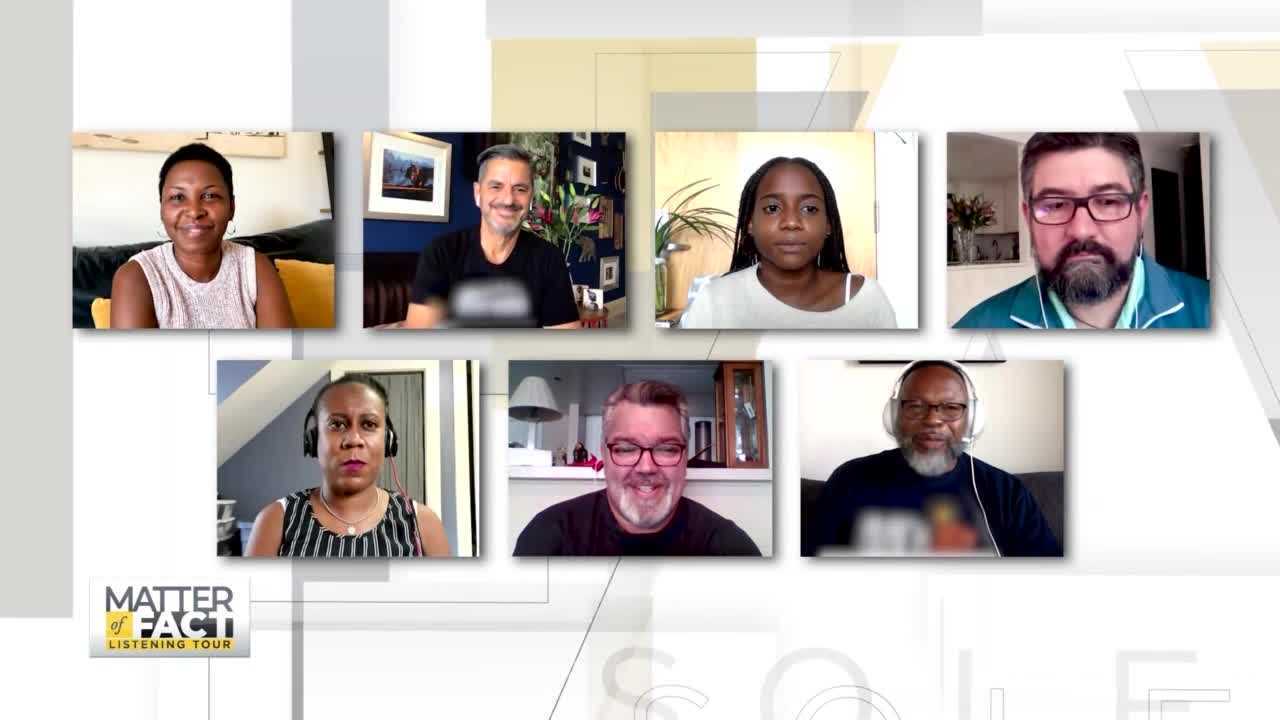
This segment is from The Matter of Fact Listening Tour hosted by Soledad O’Brien.
“The Hard Truth About Bias” features conversations about the relationship of race and privilege; racial stress; the impact of bias in the images and language in our daily news and information; and the creation of stereotypes and how they influence the way we think.
Guests in this segment:
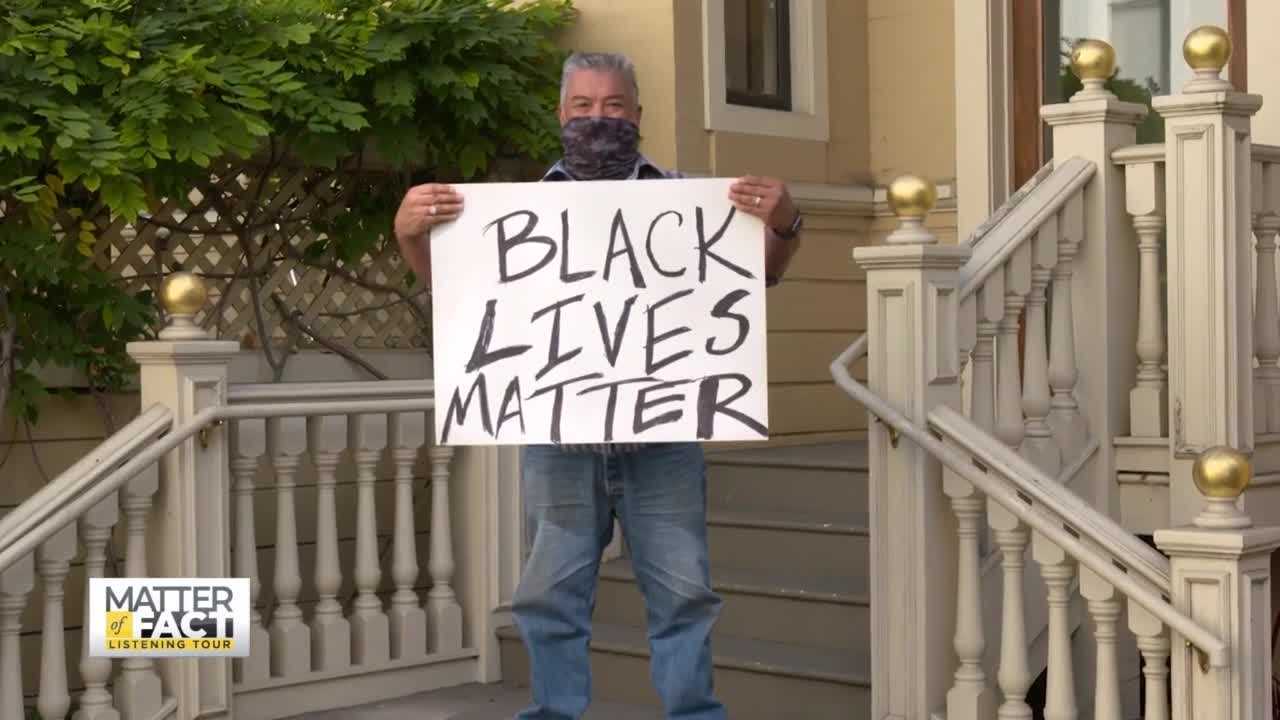
This segment is from The Matter of Fact Listening Tour hosted by Soledad O’Brien.
“The Hard Truth About Bias” features conversations about the relationship of race and privilege; racial stress; the impact of bias in the images and language in our daily news and information; and the creation of stereotypes and how they influence the way we think.